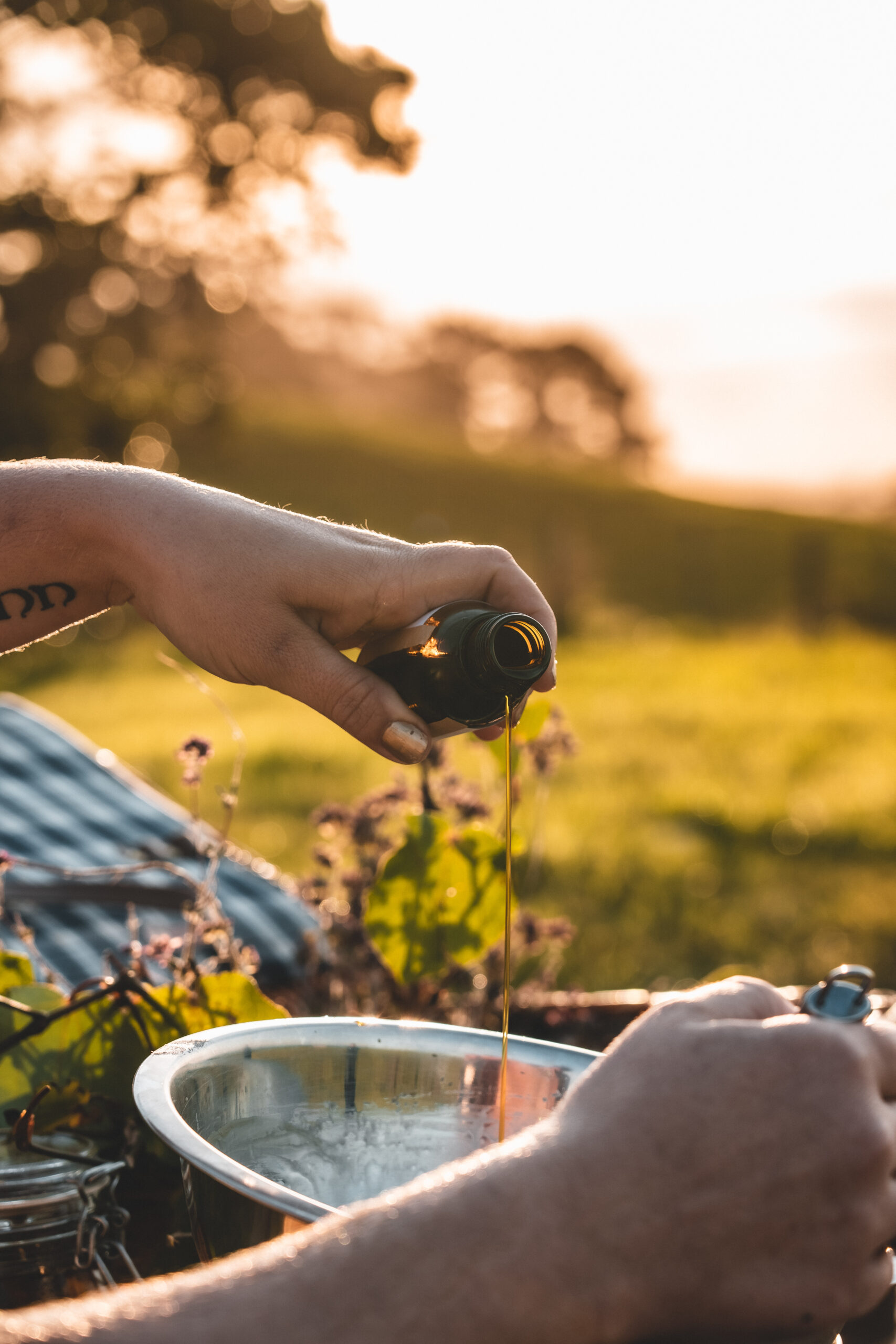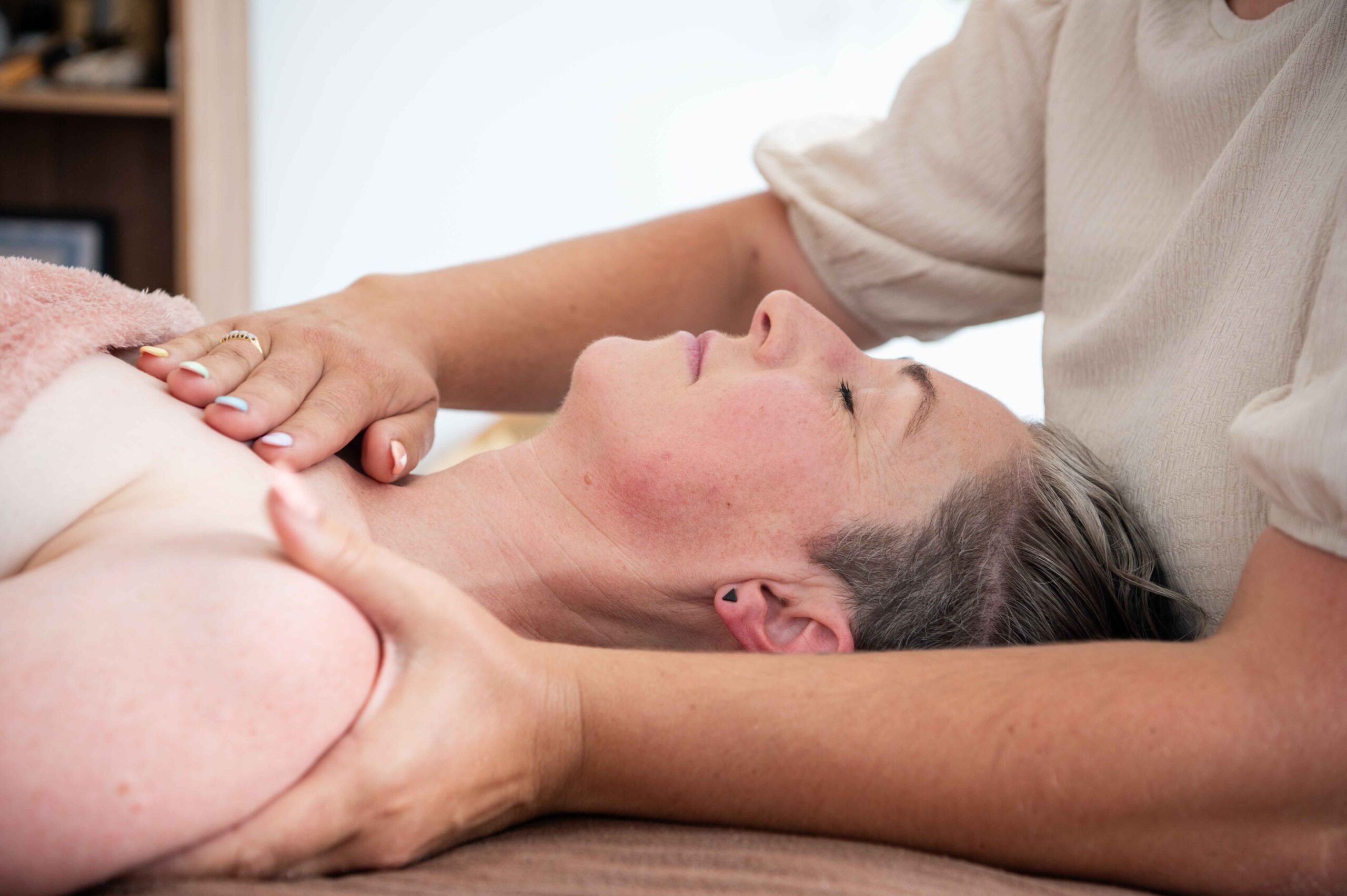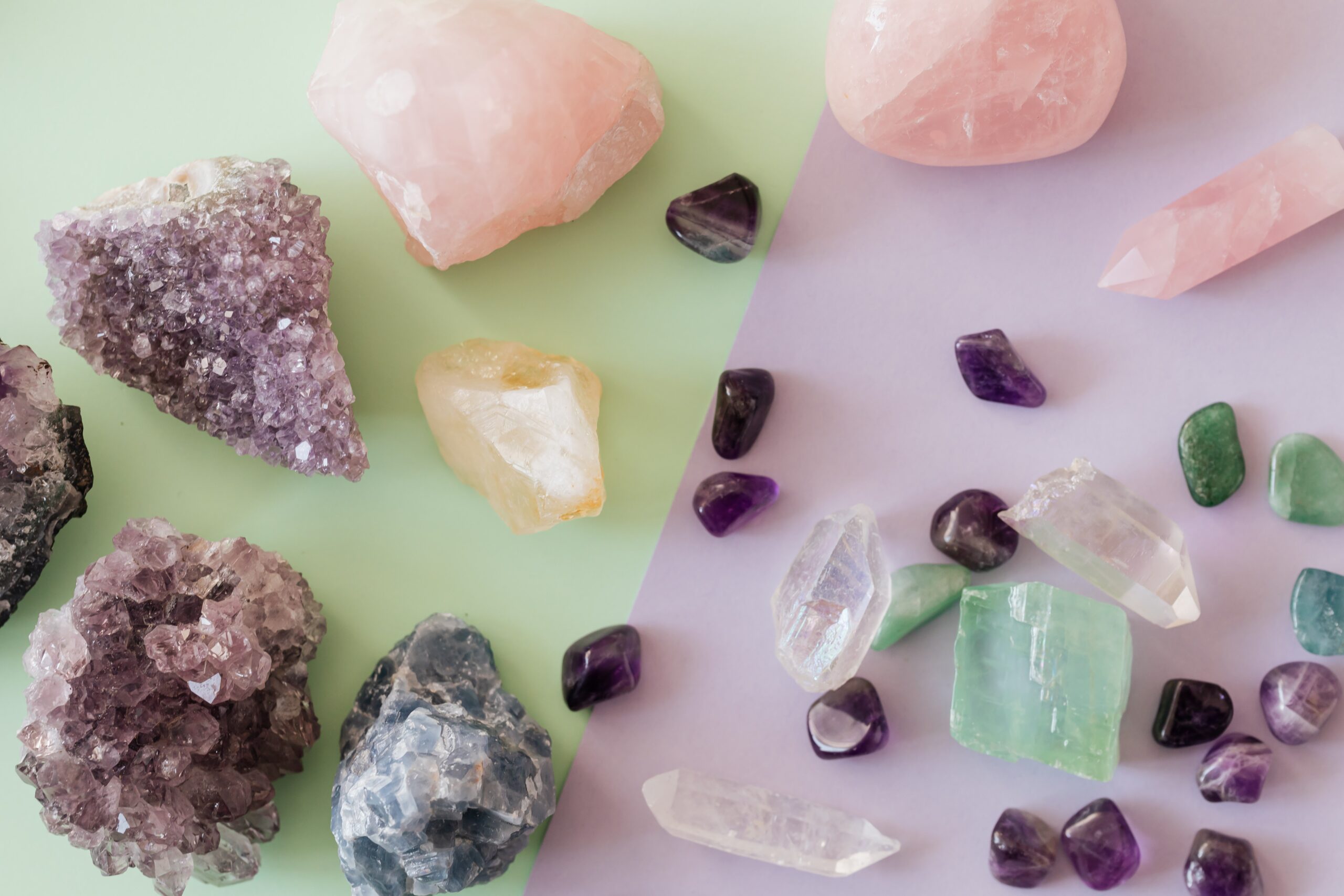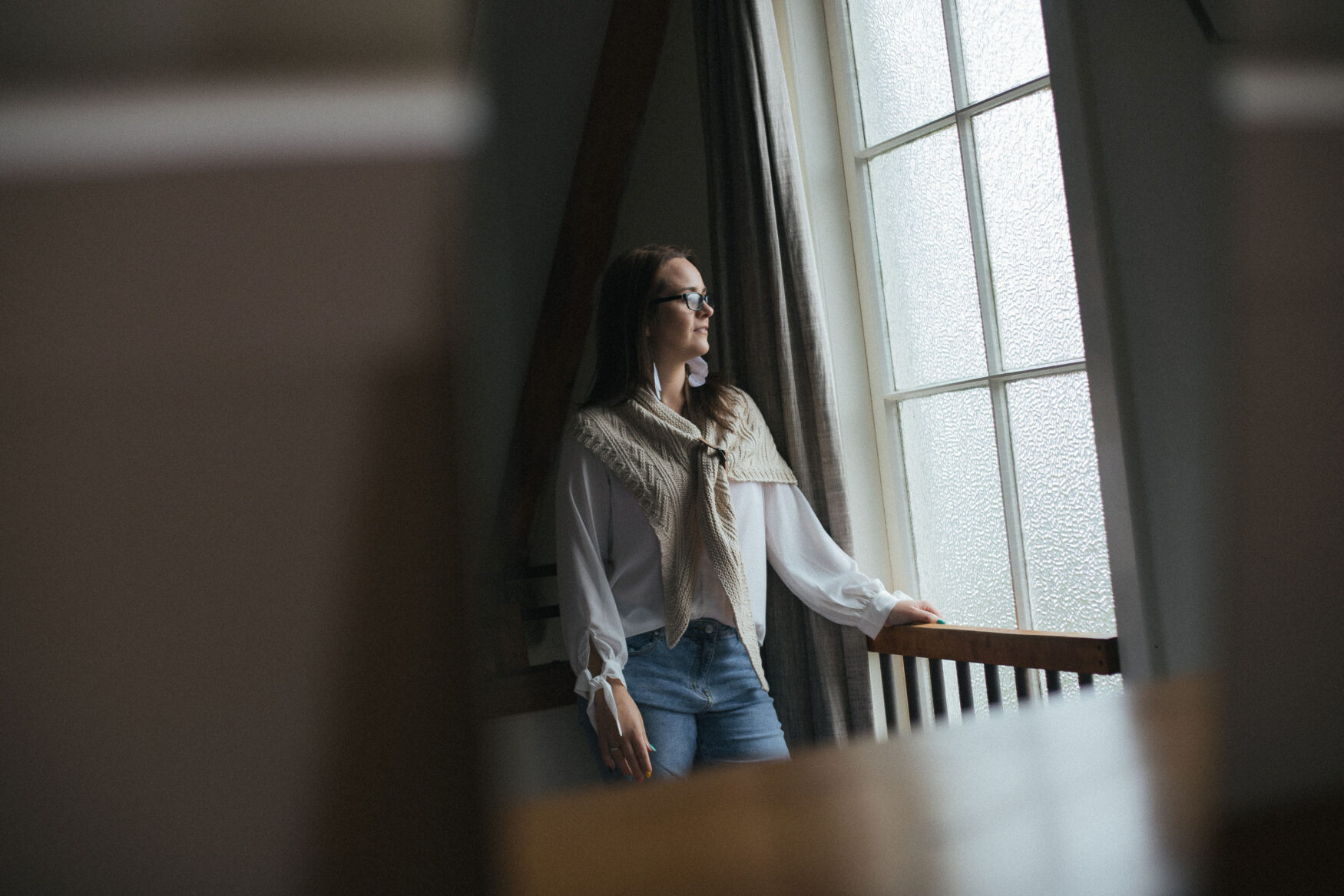Sensory Effects
There is a certain type of smell that takes me ‘straight’ to a place and time. No doubt you’ve experienced this too. When you touch, see, hear, taste or smell something and it triggers your ‘thalamus‘ (your brains relay station). The thalamus sends that info to a few brain areas including the hippocampus which is responsible for long term, short term and spatial memory. Then “Bingo”, you’re in your grandmother’s garden, your childhood hallway, that street side food stall in Bangkok, or your year 11 science class.
This ‘sense of smell’ is what we call olfaction – and I work with this making your products every day!
How on earth does this sensory effect happen? Smell has such an important role for our brains, and one of the most rudimentary senses, with a long evolutionary history. We have 1000 types of smell sensors but only four light sensors, and also four for touch. So it makes sense that our sense of smell is so evocative of periods of time and place. Our brains are cleverer than we give them credit for! And so complex we still don’t really know enough. But we’ve all experienced the moment when something from our senses puts us ‘straight back into a feeling or memory’.
And this blows my mind, not everyone can use all five of their senses, but if you lack in one sense, another might heighten. The plastic fantastic brain and the rewiring of itself. I have a friend who is very hearing impaired but her sense of smell and sight is super strong.
There is a certain amount of ‘sixth sense’ involved when it comes to these things. Where you instinctively know on some ‘beyond’ level that something is good or bad for you. When something is relaxing, pleasant and positive you feel it. You don’t even consciously think about it, you just know. And that’s a large part of how I approach what I do. It’s instinctive, and feels right. That’s where my products come in. ‘Sensory skincare’
Another thing that has blown my mind lately is that stimulation of the senses at a certain point breeches a ‘threshold’, to reach your brain and for you to experience it. I had no idea that this was a thing! So as we age, our threshold gets harder to broach, meaning we need ‘more’ of something before we notice it. Whether it’s sound, sight, smell, taste, touch.
A certain amount of stimulation of a sensation is needed before you are aware of it. We need less of something to experience it as we are younger and this diminishes a little as we get older. So that dandelion we pick and inhale as a child packs a smarter punch than it might do if we pick it as a twenty year old. This makes sense when you think about taste in particular. As a five year old, coriander would have been an Ew yuck, but in our twenties and older we seek these sensory experiences and enjoy them. Click here for a good article.
I’ve held a neighbours rose to my child’s nose and she’s ‘smelt it’ when I have not really got the full experience, wondering if she is just saying she can smell it, when actually she probably can, and I’ve lost the more subtle notes.
Touch is another interesting one, Touch: The Science of Hand, Heart, and Mind. “You can close your eyes and imagine what it’s like to be blind, and you can stop up your ears and imagine what it’s like to be deaf. But touch is so central and ever-present in our lives that we can’t imagine losing it.”
So, we have ability to experience these sensory effects during our lives, and at certain times in our lives they are stronger, or less so. So let’s harness what we’ve got when we have it. It’s such an instinctive driver, and one I hold dear to the core of my practice.
Viva la senses!
Love Hayley.
Xoxo
Post a Comment
You must be logged in to post a comment.





